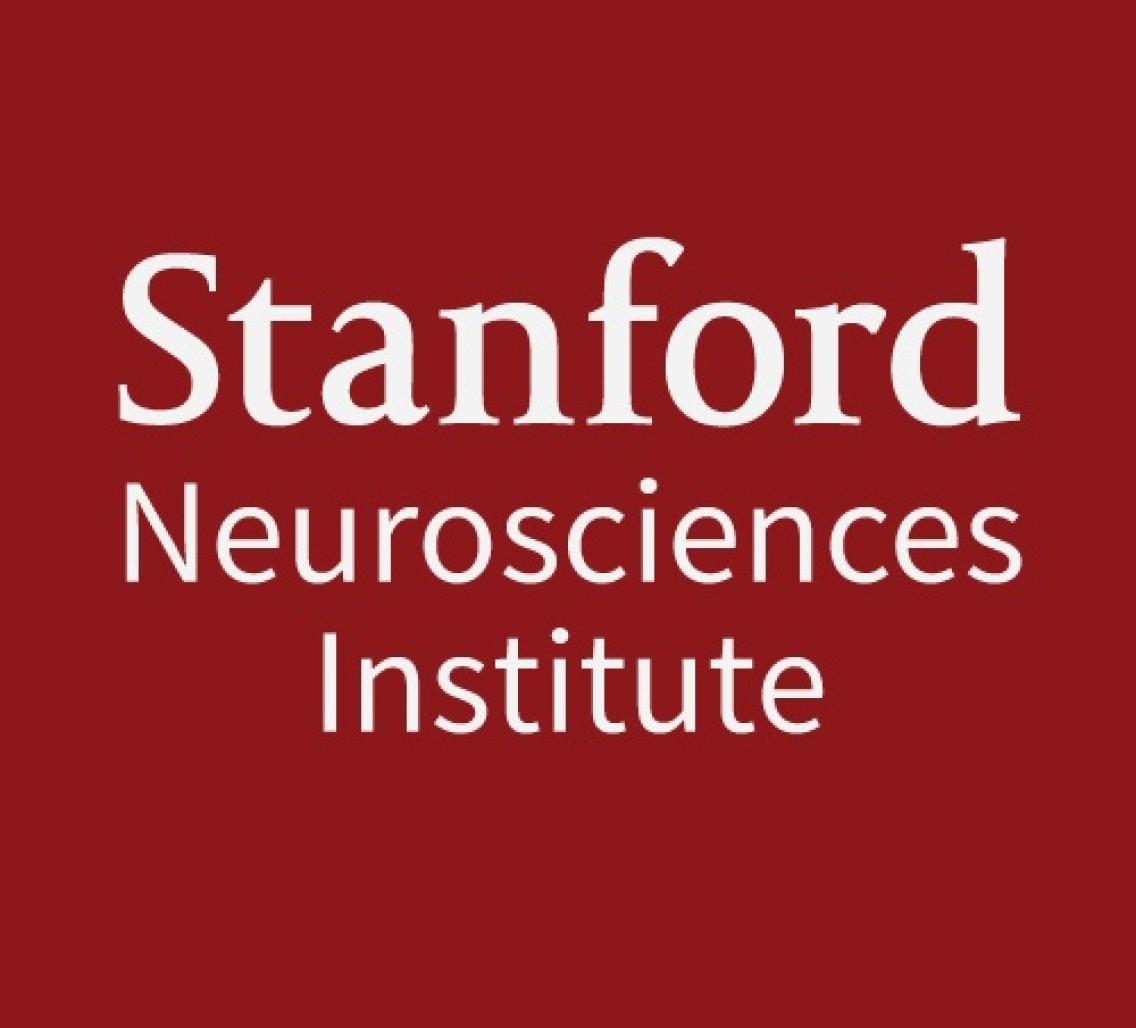Event Details:

Stanford Neurosciences Institute Seminar Series Presents
Iterative Strategies to Refine and Optimize DBS for Depression Helen Mayberg, M.D. Professor of Psychiatry, Neurology, and Radiology, Emory University School of Medicine
Host: Lea Williams
Abstract
Deep Brain Stimulation (DBS), the targeted modulation of discrete neural circuits using implanted electrodes, is an emerging experimental treatment strategy for patients with intractable major depression and other neuropsychiatric disorders. While various brain targets have been investigated, initial selection of the subcallosal cingulate (SCC) as a putative DBS target was based principally on converging findings from functional imaging studies of conventional antidepressant interventions with surgical implantation of DBS leads based on local SCC anatomy and trial and error behavior testing of chronic stimulation at individual contacts on each implanted DBS electrode. As use of this technology has matured, imaging continues to play a crucial role, with recent work now focused on refinement and optimization of the procedure using multimodality modeling of structural and functional connections combined with real-time behavioral and electrophysiological metrics, providing a more precise method to identify the optimal target location in real time. Together these studies offer a unique perspective on critical pathways and mechanisms mediating antidepressant effects of DBS, and on the pathophysiology of treatment resistant depression more generally.